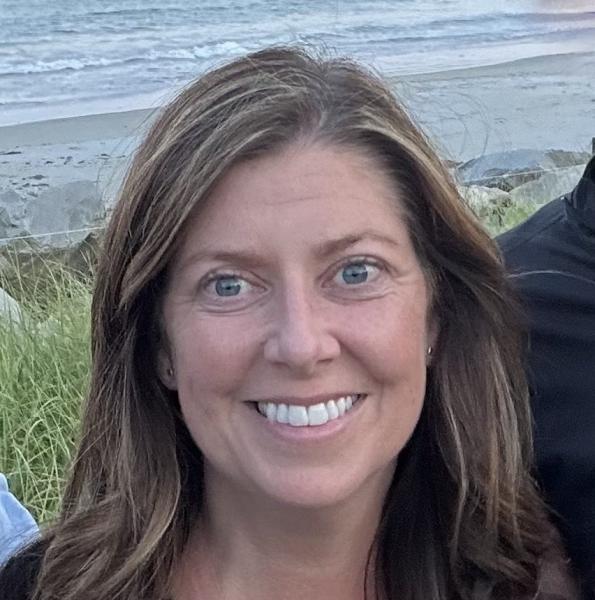Occupational Therapy Month Spotlight: Therapy in the community

Aimee Prince is a community occupational therapist who works with people in their homes to meet their needs. Prince has been an occupational therapist for almost 25 years, with the last 14 years in the community. She loves hearing people’s life stories and feels privileged to be invited into their homes, often during times of crisis or vulnerability.
Her clients are adults with physical diagnoses who often have chronic progressive health conditions, geriatric issues, or palliative diagnoses. Prince takes a holistic approach, focusing on her clients’ abilities and challenges, and seeks solutions that meet their goals. By visiting people in their homes, she provides support and education to clients and their families or caregivers, addressing needs directly and creating tailored strategies.
Prince’s role can improve a person’s independence and help them adapt to changes in function, supporting a successful transition back home. “It’s incredibly rewarding to see someone regain their independence and confidence,” said Prince. “Helping them navigate these changes and find new ways to engage in daily activities is what makes this job so fulfilling.”
Prince’s interest in occupational therapy began when she was young. A close uncle was in an explosion and suffered severe burns. He often spoke about his “OT,” and Prince was fascinated by the creative ways he was learning to complete meaningful activities. In university, she was drawn to occupational therapy because of its creative problem-solving nature.
Practicing in the community allows her to foster a deeper connection with her clients and bridge the gap between clinical care and real-life application, creating meaningful and long-lasting solutions. “Seeing the direct impact of my work in my clients’ lives is incredibly motivating,” said Prince. “It’s about more than just managing their illness or disability; it’s about promoting their overall well-being.”
Prince says some view an occupational therapist as the “equipment person,” but the profession includes much more, such as assessment, education and recommendations of equipment to improve safety and independence in transfers and functional mobility. Community occupational therapists like Prince empower people to live as independently and safely as possible, promoting wellbeing by supporting people in their own environments.